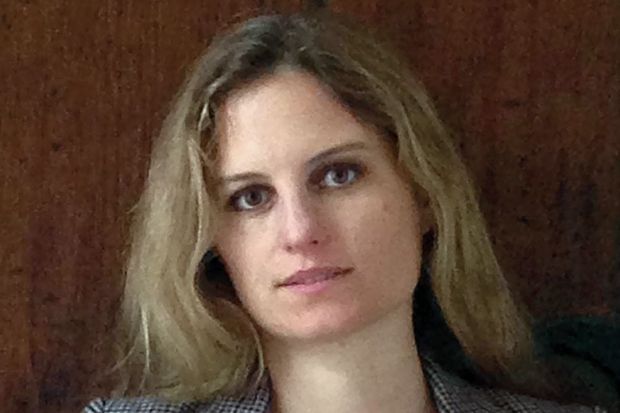What sort of books did you read as a child?
Growing up, my father relentlessly fed me difficult and disturbing novels processing the Nazi period. The book I remember most vividly is Youth Without God by the Austrian-Hungarian novelist Ödön von Horváth, dealing with rising fascism in Germany. One of more cheerful ones was Judith Kerr’s semi-autobiographical When Hitler Stole Pink Rabbit.
Which books encouraged you to explore Russia and the world of elites?
My interest in the world of elites came long after my interest in Russia. I became fascinated by the French sociologist Pierre Bourdieu and all those (at first glance) not so relevant details he describes that help reproduce France’s social structure. I adored the philosopher and sociologist Georg Simmel and his essays on how fashion trickles down the social hierarchy and how the nobility is constrained by the principle of noblesse oblige. My interest in Russia came through music rather than literature. The Viennese part of my family has always been obsessed with music and excellent at playing it. I was utterly useless, but loved listening to it, in particular Russian 20th-century composers.
Which texts gave you guidance in researching and writing about plutocrats?
There are no texts that are massively useful. I was inspired by the oral history projects run by the French sociologist Daniel Bertaux, whose team collected life stories to research social mobility in Soviet and post-Soviet Russia (such as Living Through Soviet Russia). The most fascinating accounts were those that documented the survival strategies of formerly privileged strata after 1917 and the continuity of their cultural and social resources throughout the century. Orlando Figes takes up quite a number of these stories in The Whisperers.
What general accounts of daily life in today’s Russia would you recommend to non-specialists?
I would recommend the films of Andrey Zvyagintsev. His Leviathan is merciless in its grimness and bluntness, as is his recent, Oscar-nominated Loveless, but they capture the atmosphere of today’s Russia.
What is the last book you gave as a gift, and to whom?
When Nietzsche Wept, by the Stanford psychotherapist Irvin D. Yalom. It is set in Vienna in 1882 and contains fabulous characters such as Lou Andreas-Salomé, with her sharp mind and flamboyant male entourage including Nietzsche, Freud and Rilke. I sent one copy to a dear friend who was leaving London to return to Vienna and another to a friend with a broken heart.
What books do you have on your desk waiting to be read?
Rojava, War and the Future of Syria’s Kurds by Thomas Schmidinger, and Sashenka, the first book in Simon Sebag Montefiore’s Moscow Trilogy. If someone turns con woman Anna Delvey’s story into a book, I will read it right away. There is something deeply confusing yet fascinating about con artists. Delvey managed to convince New York’s high society that she was a wealthy heiress with plans for an art foundation it was worth investing in.
Elisabeth Schimpfössl is lecturer in sociology and policy at Aston University and the author of Rich Russians: From Oligarchs to Bourgeoisie (Oxford University Press).
Register to continue
Why register?
- Registration is free and only takes a moment
- Once registered, you can read 3 articles a month
- Sign up for our newsletter
Subscribe
Or subscribe for unlimited access to:
- Unlimited access to news, views, insights & reviews
- Digital editions
- Digital access to THE’s university and college rankings analysis
Already registered or a current subscriber? Login



